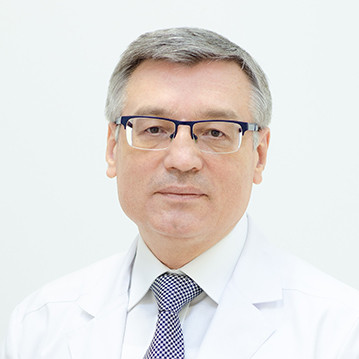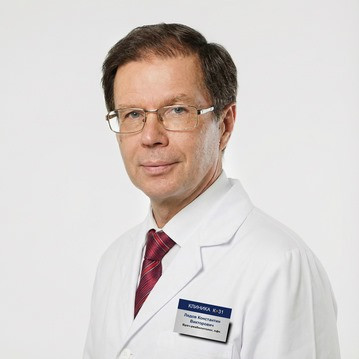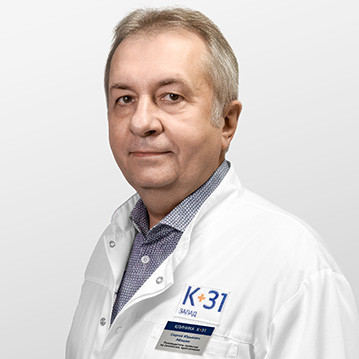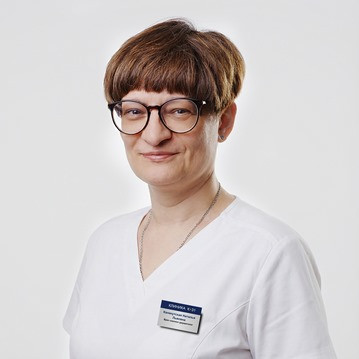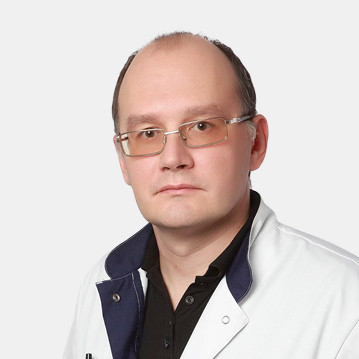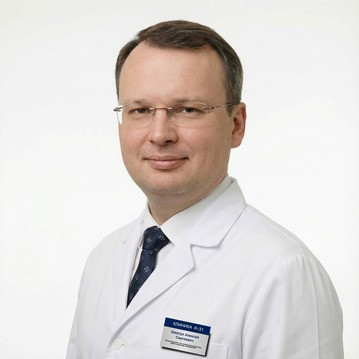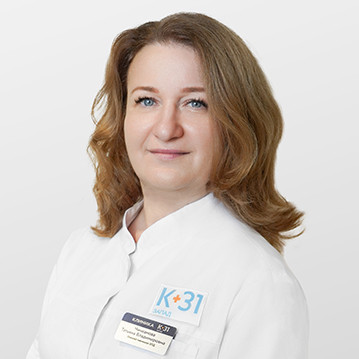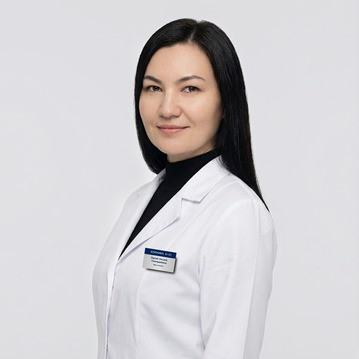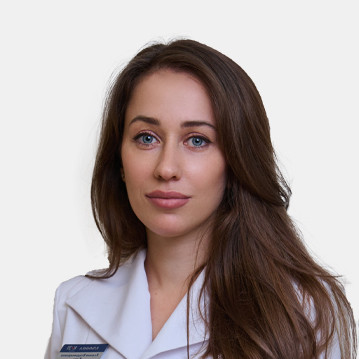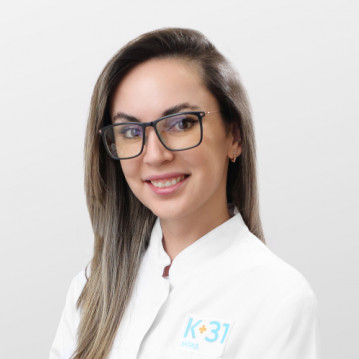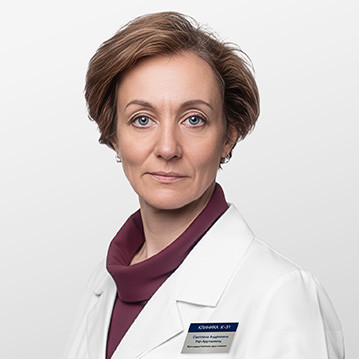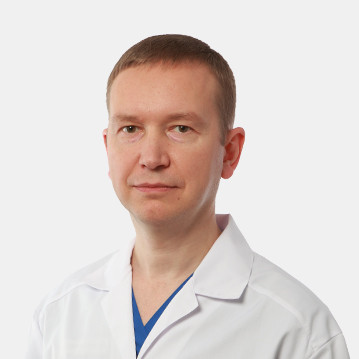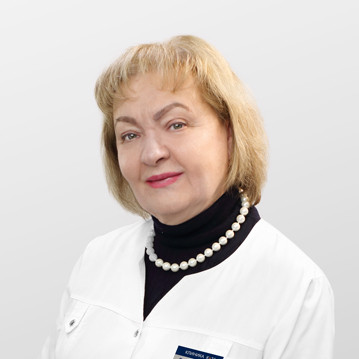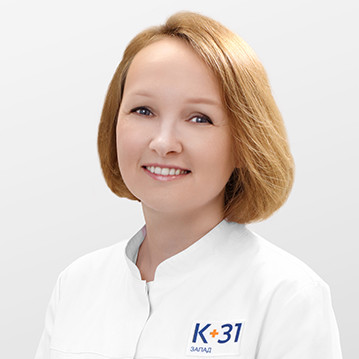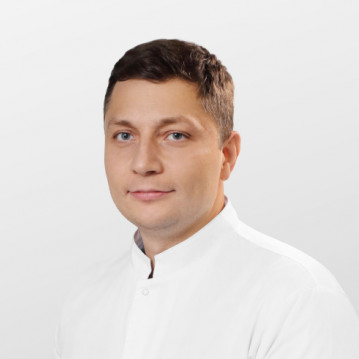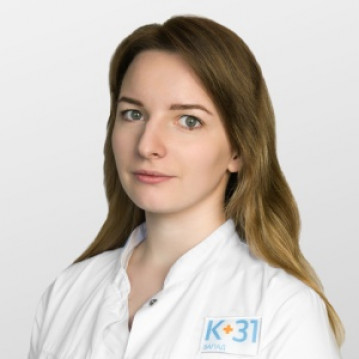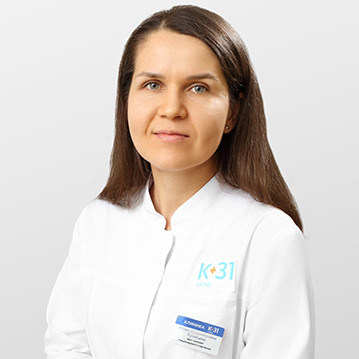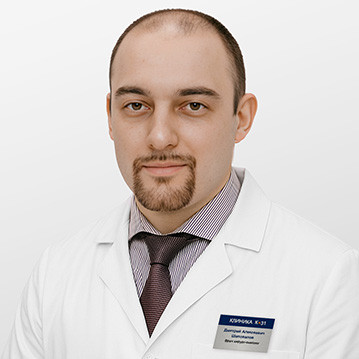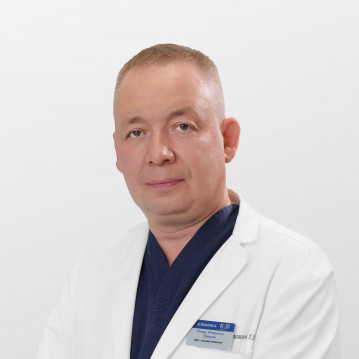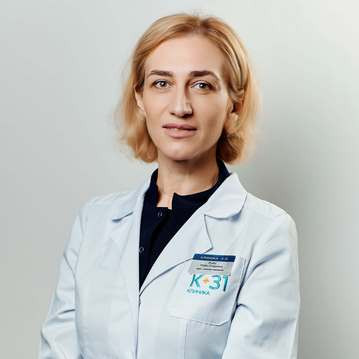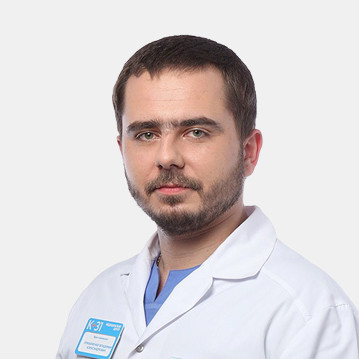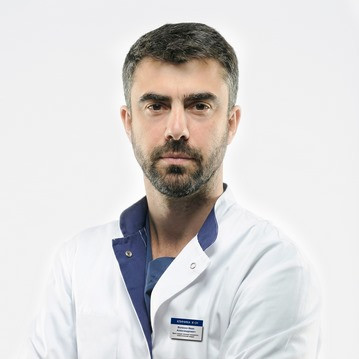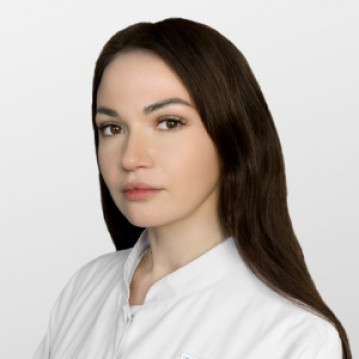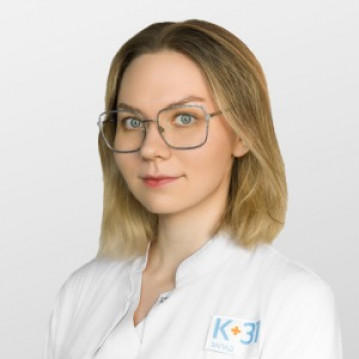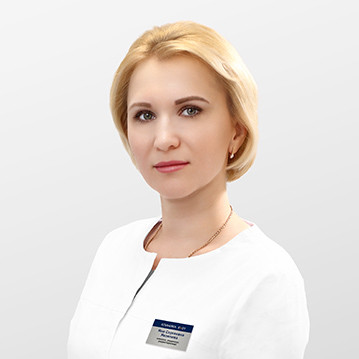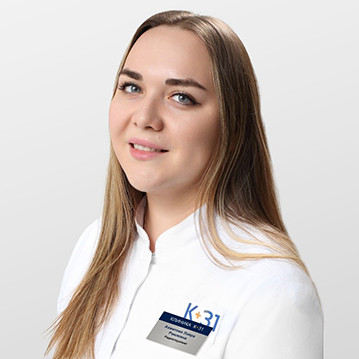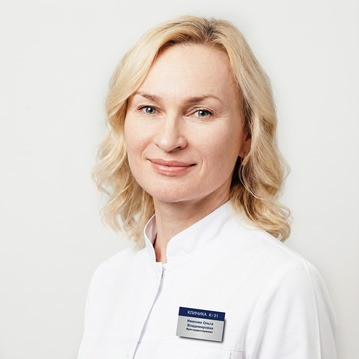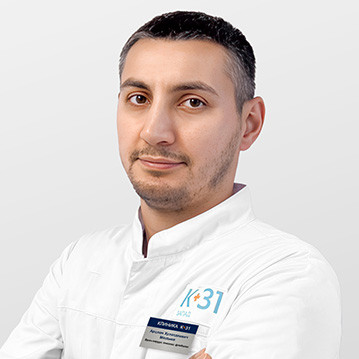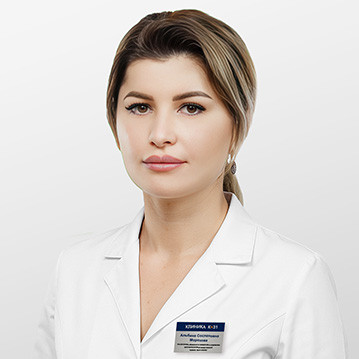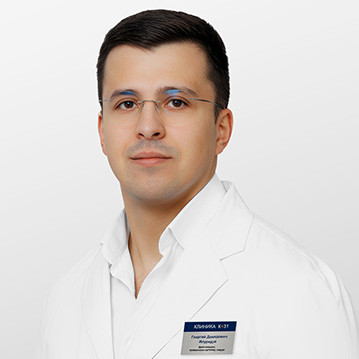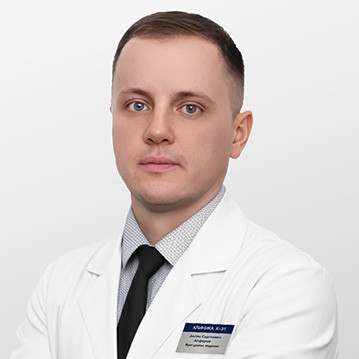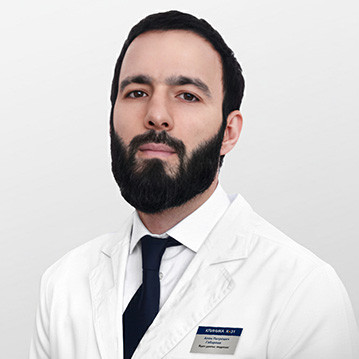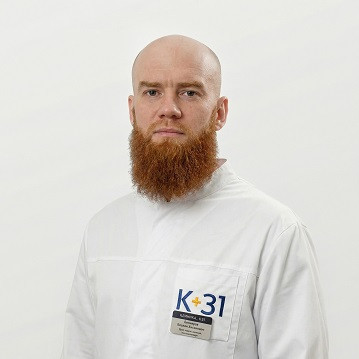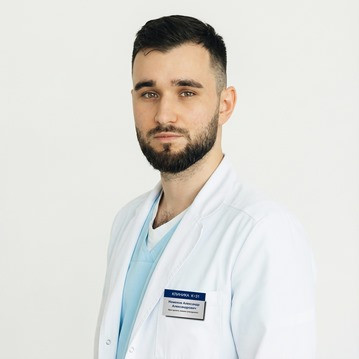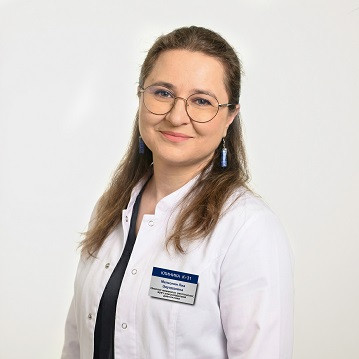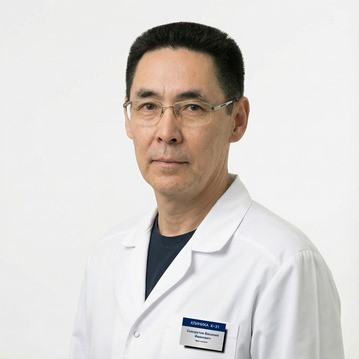Targeted therapy

specialists

equipment

treatment
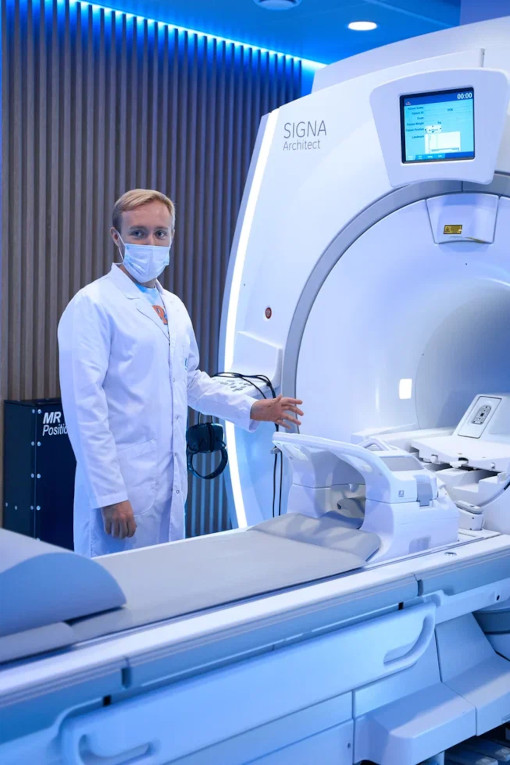
Many tumors have some features that distinguish them from healthy cells. This may be an increased number of receptors on the cell surface, some specific mutations, or the activation of certain genes. That is, these cells have a specific target (target - English), which is directed by specially designed targeted drugs. Additional immunohistochemical or genetic studies of the tumor tissue are required to identify targets.
Targeted drugs are divided into 2 groups:
- Monoclonal antibodies (their name ends with "-mab") are intended for intravenous administration.
- Small molecules of various types (most have names ending in "-nib") most of which are ingested.
Because these drugs act predominantly on cells with appropriate targets, the effect on healthy cells is much less and the frequency of side effects is much lower than with chemotherapy. In tumors where there is only one mutation that caused the development of the tumor, the use of a properly selected targeted drug has a very rapid positive effect. Improvement occurs within a few days.
- Highly qualified specialists.
- Consulting oncology.
- International protocols - taking into account foreign and Russian standards.
- Preparations of the latest generations, foreign and Russian, without markups.
- Modern accompanying treatment that minimizes possible side effects.
- Hospitalization in a 24-hour hospital (optional/necessary).
- Most detailed diagnostics (own laboratory, MRI, CT, mammography, biopsy).
- The possibility of providing round-the-clock assistance, monitoring and diagnostics.
- Monitoring the patient's condition between therapy cycles.
- Full intensive care unit
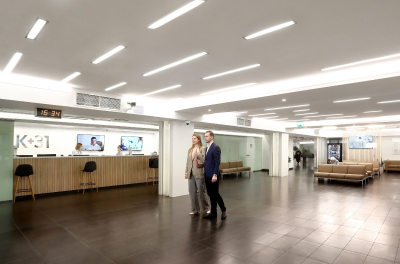
For which cancers is targeted therapy used?
The treatment of oncological diseases with targeted therapy showed the greatest effectiveness in the following cases:
- Breast cancer.
- Cancer of the lung, stomach, kidney, colon, melanoma.
- Cancer of the thyroid and pancreas.
- Medullary cancer.
Most often, oncologists choose targeted therapy for multiple metastases that cannot be surgically removed. And also to destroy the remnants of a malignant tumor after surgery. This type of treatment helps to prolong the life of patients in the last stages of cancer by slowing down or completely stopping the growth of tumors.
Targeted therapy in the treatment of breast cancer
In most cases, malignant tumors in the mammary gland are associated with overexpression of the surface receptor HER2, which is responsible for adequate growth and development of cells. For patients with a subtype of tumors associated with HER2, adjuvant targeted therapy is indicated (if the tumor is more than 2 cm, there are metastases in the lymph nodes).
For treatment, drugs are used that target the HER2 receptor. These can be intravenous agents, for example, pertuzumab, emtansine, trastuzumab, etc., as well as tablets in the form of apatinib. Due to the point effect, targeted therapy has a low toxicity in comparison with chemotherapy agents.
Targeted therapy for metastatic lung cancer
For the treatment of non-small cell metastatic lung cancer, targeted therapy is used as an independent method or in combination with chemotherapy. Oncologists prefer drugs that block angiogenesis, EGFR - the epidermal growth factor receptor, the ALK process (intrachromosomal translocation of the short arm of chromosome 2, leading to the appearance of a chimeric oncogene), and BRAF mutations. Drugs include bevacizumab, dabrafenib, erlotinib, crizotinib, and others.
Targeted therapy for melanoma
Melanoma is often caused by a pathological change in the BRAF gene, which leads to the formation of a rapidly multiplying protein of the same name. BRAF inhibitors, such as vemurafenib, are used in targeted therapy to treat this type of cancer. If a change in the MEK gene was detected during the diagnosis, then substances that affect it (trametinib, etc.) are added to the treatment.
Certain types of melanomas, in particular in areas of the skin that are often exposed to ultraviolet radiation, are caused by a mutation in the C-KIT gene. In this case, preference is given to the drugs nilotinib or imatinib.
Targeted therapy for pancreatic cancer
The following types of mutations are the cause of pancreatic cancer: SMAD4, BRCA, TP53, KRAS, CDKN2A. There are targeted therapies that target these mutations, such as erlotinib. The treatment often uses a mixed approach in combination with chemotherapy drugs. Research at Johns Hopkins University has shown that the use of targeted therapies helps prolong the lives of people who seek help with advanced cancer.
Targeted Therapy for Colorectal Cancer
This type of antitumor treatment is chosen for patients who have metastases. Among the main drugs are:
- Substances that act on the EGFR receptor, such as cetuximab.
- VEGFR blocking agents (bevacizumab, regorafenib, etc.).
- BRAF inhibitors (encorafenib).
- MEK inhibitors (binimetinib).
- Substances to stop the growth of the HER2 receptor (pertuzumab, lapatinib).
Targeted therapy for gastric cancer
Stomach cancer is a common type of oncology of the digestive system. It ranks second in mortality of all other cancers. Targeted therapy for its treatment involves the use of 3 drugs:
- Trastuzumab or Herceptin for HER2-positive tumors.
- Ramucirumab or cyramza is an angiogenesis inhibitor. Suitable for patients with metastatic or locally advanced cancer (adenocarcinoma).
- Fam-trastuzumab deruxtecan is a new generation drug. It helps to achieve stable remission of tumors in stomach cancer.
Targeted therapy for kidney cancer
Targeted therapy to fight kidney cancer is aimed at blocking the growth of blood vessels that feed the tumor, stopping the process of cell division and the appearance of metastases. These include:
- Sunitinib to stop angiogenesis, inhibition of proteins - tyrosine kinases.
- Sorafenib to block new vessel growth
- Everolimus and temsirolimus to block the mTOR protein.
- Pazopanib, bevacizumab, axitinib and other substances to block tyrosine kinase enzymes and the appearance of new vessels to feed the tumor.
Benefits of Targeted Therapy
The advantages of targeted therapy include:
- Point effect of substances that increase the effectiveness of treatment.
- The ability to fight cancer types that respond poorly to classical chemotherapy (in the case when the cells of a malignant tumor have certain molecular genetic properties).
- The possibility of an integrated approach to cancer treatment using chemotherapy, radiation therapy, and surgical removal of tumors.
- Effectiveness in the fight against cancer in the last stages, to prolong human life and improve its quality.
Our doctors

This award is given to clinics with the highest ratings according to user ratings, a large number of requests from this site, and in the absence of critical violations.

This award is given to clinics with the highest ratings according to user ratings. It means that the place is known, loved, and definitely worth visiting.

The ProDoctors portal collected 500 thousand reviews, compiled a rating of doctors based on them and awarded the best. We are proud that our doctors are among those awarded.
Make an appointment at a convenient time on the nearest date
Price
Reviews
Recovery after surgery
After surgical removal of a malignant tumor, patients are placed in intensive care until their condition stabilizes. For small and simple operations, it is 30 minutes - several hours. With extensive intervention, complex surgery and aggravation in the form of concomitant non-oncological diseases, it is possible to stay in intensive care for 24 hours or more. The patient is observed by an oncologist, an anesthesiologist-resuscitator and other specialists of the center, for example, a cardiologist, a pulmonologist.
After removal of a malignant neoplasm, the following parameters are under control:
- Blood pressure, saturation, pulse rate.
- The work of the cardiovascular, respiratory system, genitourinary system, etc.
These and other activities are an important part of rehabilitation. They help reduce the risk of complications such as pneumonia, sepsis, thromboembolism, etc.

General recommendations in the postoperative period are similar to those given after chemotherapy. Oncologists identify several ways to speed up the recovery process of the body:
- Early start of moderate and light physical activity. Depending on the patient's condition, walks around the ward, department, etc. are recommended.
- Performing breathing exercises and simple physical exercises.
- Sparing nutrition. Gradual refusal of hunger with the transition to liquid food, then to solid food.
The list of rehabilitation measures is adjusted by the doctor individually, taking into account the degree of complexity of the operation. For example, after the removal of breast cancer, walking and other activities are shown within a couple of hours after the end of the operation. When recovering from surgical treatment of bowel cancer, the emphasis is on restoring contractile function (for defecation), release from the accumulation of gases.
For a quick and successful recovery after surgical treatment, patients are advised to strictly follow the plan. This helps speed up the healing process of wounds, promotes the formation of neat scars.
An important stage of rehabilitation is maintaining a healthy psycho-emotional state. Cancer patients may become depressed, for example, when prescribing a lifelong diet, reducing their physical capabilities, etc. Therefore, they need professional help to accept their condition. Psychologists and psychotherapists help you learn to live a full life, regardless of the limitations that have appeared.
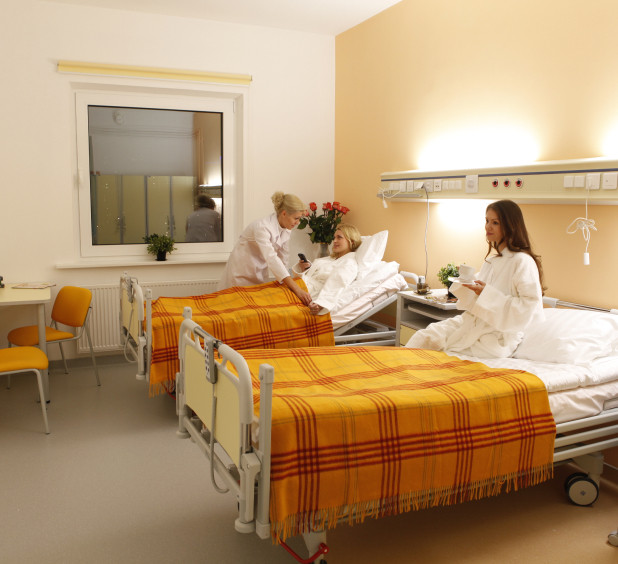

Appointment to the doctor
Our clinics
Экстренная помощь
